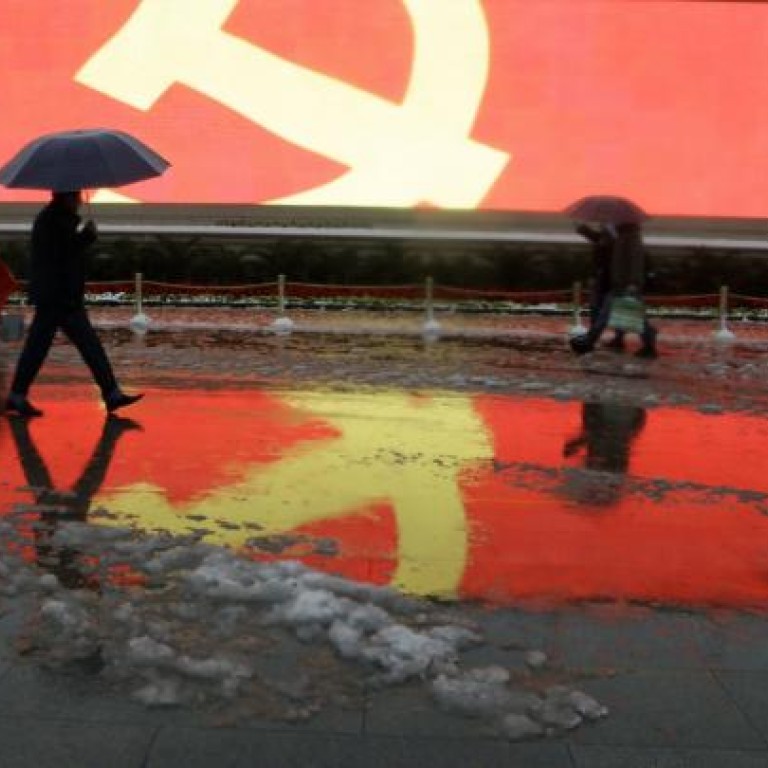
Communist Party's path of hard power
Frank Ching says China's communist rulers have a long way to go to embody the Confucian ideals of civilisation they profess to uphold
China's Communist Party likes to depict itself as heir to 5,000 years of Chinese civilisation and has wrapped itself in the cloak of Confucius, advocating harmony in domestic as well as international relations. And yet, at times, it is difficult to discern the values of a truly civilised society in the behaviour of the Communist Party state.
One appalling example is the rising number of Tibetans driven to kill themselves by self-immolation. The Chinese government simply dismisses this human tragedy by calling the victims "terrorists" and accusing the Dalai Lama of inciting such actions. This lack of feeling is astonishing, coming from those who portray themselves as purveyors of Chinese values.
The UN High Commissioner for Human Rights, Navi Pillay, last week urged the Chinese government to address the deep-rooted frustrations in Tibetan areas. "Social stability in Tibet will never be achieved through heavy security measures and suppression of human rights," she said. "Deep underlying issues need to be addressed, and I call on the government to seriously consider the recommendations made to it by various international human rights bodies."
So far, China remains adamant. In fact, it has added to the list of independence movements that it vows to crush. In addition to Tibetan independence, Xinjiang independence and Taiwan independence, now there is also the so-called "Hong Kong independence movement".
published a commentary last month headlined, "Crush HK independence drive", which appeared the previous day in the Communist newspaper . And Lu Ping , the former director of the State Council's Hong Kong and Macau Affairs Office, who had pledged in the 1990s that Hong Kong could on its own decide when to have a legislature elected by universal suffrage - a pledge Beijing broke in 2004 without a peep from Lu - called advocates of independence "sheer morons".
It is interesting to compare the Chinese position with how Britain is handling Scotland's independence movement. A few weeks ago, British Prime Minister David Cameron and the first minister of Scotland, Alex Salmond, reached an agreement under which Scotland will hold a referendum in 2014 on whether it will leave the United Kingdom.
While Cameron made it clear he "passionately" believes that it will benefit both sides for Scotland to remain in the UK, Britain agreed to "[work] together constructively in the best interests of the people of Scotland, whatever the outcome of the referendum". It is a bold gamble for Britain to take - and very civilised behaviour to boot.
Beijing, by contrast, promises to attack Taiwan if it declares independence. And, as for Hong Kong, Lu Ping threatened to withhold the water that the seven million people of Hong Kong need and to leave it a "dead city", rather than help Hong Kong by doing whatever is in the best interests of its people.
In the final analysis, it seems, China always resorts to hard power. If China wants people to wave the flag with the Bauhinia flower, it will have to win the hearts and minds of the people here.

